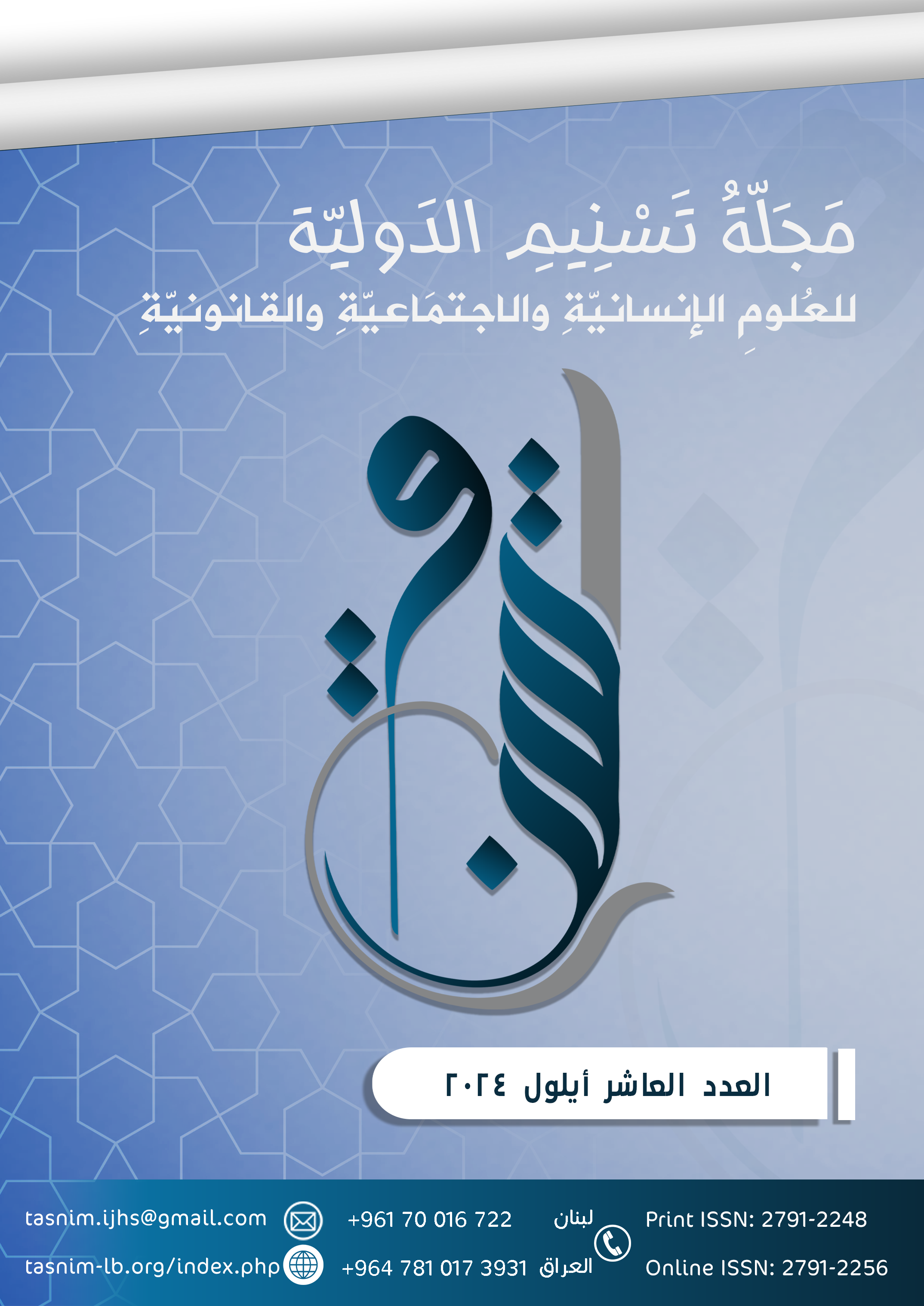الإمامة الإلهية وضرورة العقل
DOI:
https://doi.org/10.56924/tasnim.10.2024/6Keywords:
Imamate, Divine Imam, Rational Necessity, Features, InfallibilityAbstract
The divine Imamate is rational necessity and divine kindness, and this kindness does not contradict the wrap up prophecy; Because the earth, according to mental and legal evidence, must not be devoid of proof, and the proof is that if he is a prophet, then he is either the owner of a new religion or not, and the second works to support and confirm the religion of those who came before, and also works to support and confirm what the mind has arrived at based on what the predecessors came up with. He also works to explain that previous religion and explain its meanings and facts, and be a good process example in the following of the previous religion. The Shiites are the ones who believe in this opinion and confirm that the pure Imams, led by the lord of the monotheists, Ali (peace be upon him) are the ones who worked to support and confirm the Islamic religion brought by the Final Prophet (may God bless him and his family and grant them peace), and they also worked to support and confirm What the mind reached based on what the Final Prophet brought, and they also worked to interpret the Islamic religion and explain its meanings and truths, and they were a good practical example in the following of the Islamic religion. Among the most important features of the Divine Imam: his appointment by God Almighty, his secular knowledge, infallibility, dignity, and formative, moral, and legislative authority. And to be the highest practical and moral model for guiding humanity. And to work to preserve the religion from distortion. And he should head the people and leads them politically, socially, and economically, and judges among them, and establishes the limits set by God. The need for the presence of the divine Imam is to confirm the rational necessity for the existence of a cause connected between earth and heaven to guide people and achieve their happiness by bringing them to the purpose for which they were created.
Downloads

Downloads
Published
How to Cite
Issue
Section
License
Copyright (c) 2024 Tasnim International Journal for Human, Social and Legal Sciences

This work is licensed under a Creative Commons Attribution-NonCommercial-NoDerivatives 4.0 International License.





